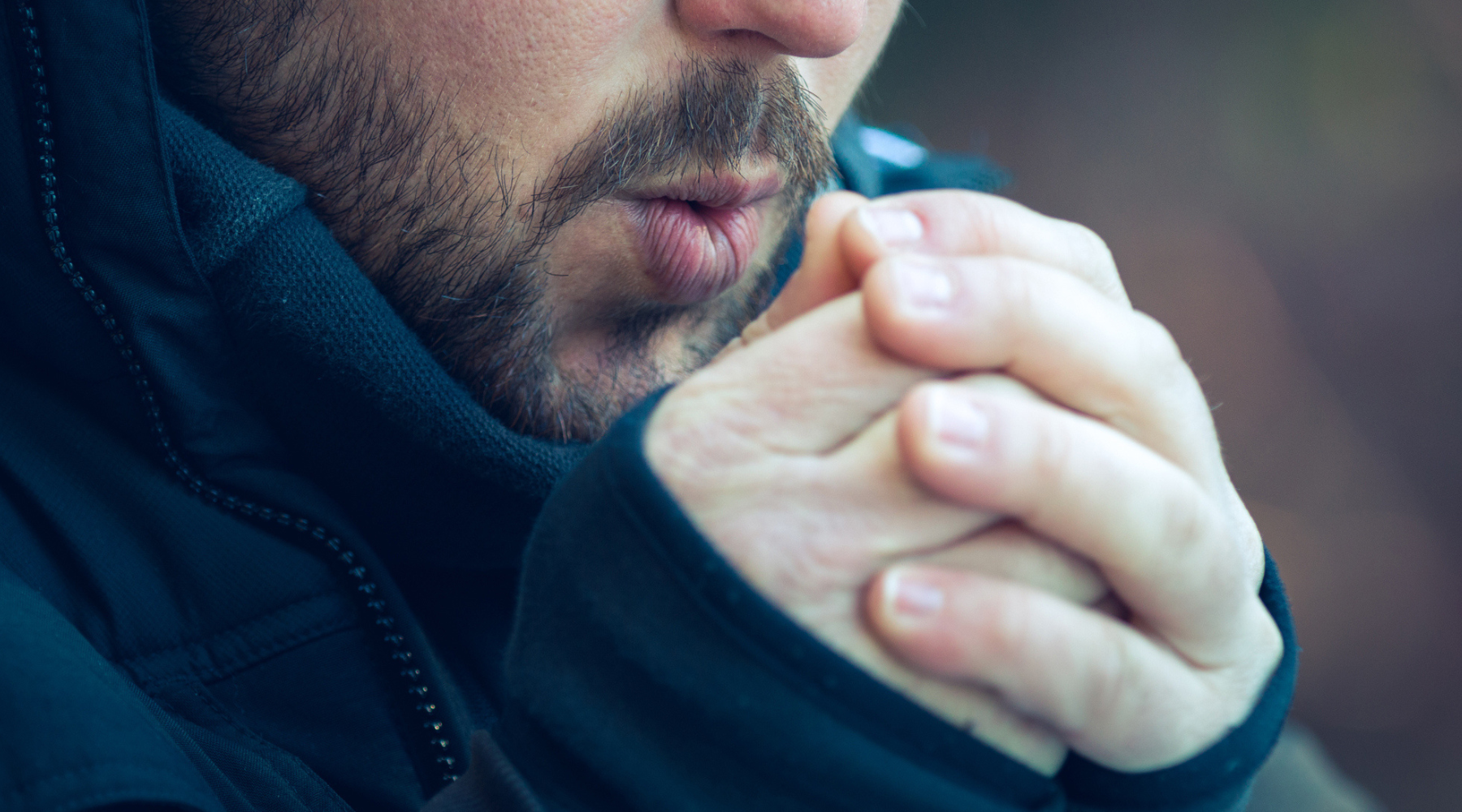Each week, OMRF Chief Medical Officer Dr. Judith James opens “Adam’s Journal” to answer a medical question from Adam Cohen, OMRF’s senior vice president & general counsel.
Adam’s Journal
With the dropping mercury that comes with autumn, I’ve noticed that my hands seem to feel colder than in the past when I spend time outside. Memory can be fickle, but I’m pretty sure I’m not just imagining this. Should I be worried?
Dr. James Prescribes
Chances are, the explanation is pretty straightforward, if not particularly comforting. As we age, our circulation worsens.
Studies have shown that both during exercise and in cold temperatures, healthy older subjects have lower blood flow to extremities than younger people.
This is generally due to the fact that growing older causes the walls of our blood vessels to lose their elasticity. However, age-related medical conditions like high blood pressure and cardiovascular disease can also contribute, as can certain medications.
As we age, our metabolic responses to the cold may also grow slower. As a result, the biological mechanisms that regulate blood flow may not be as quick to direct blood vessels to constrict, which is essential to keeping the body’s temperature up.
In addition, aging causes us to become more sensitive to temperature changes. This is because the layer of fat beneath our skin thins when we grow older. This layer provides insulation against the cold; when it dissipates, so does our ability to preserve body heat. (This change also renders us more prone to hot temperatures.)
It’s always wise to rule out a more serious underlying medical condition through regular visits to your healthcare provider. But for most, increased temperature sensitivity is simply a product of growing older.
Fortunately, that means the solution is typically just as simple: Bundle up with a good pair of gloves or mittens.
–
Do you have a health query for Dr. James? Email contact@omrf.org and your question may be answered in a future column!



